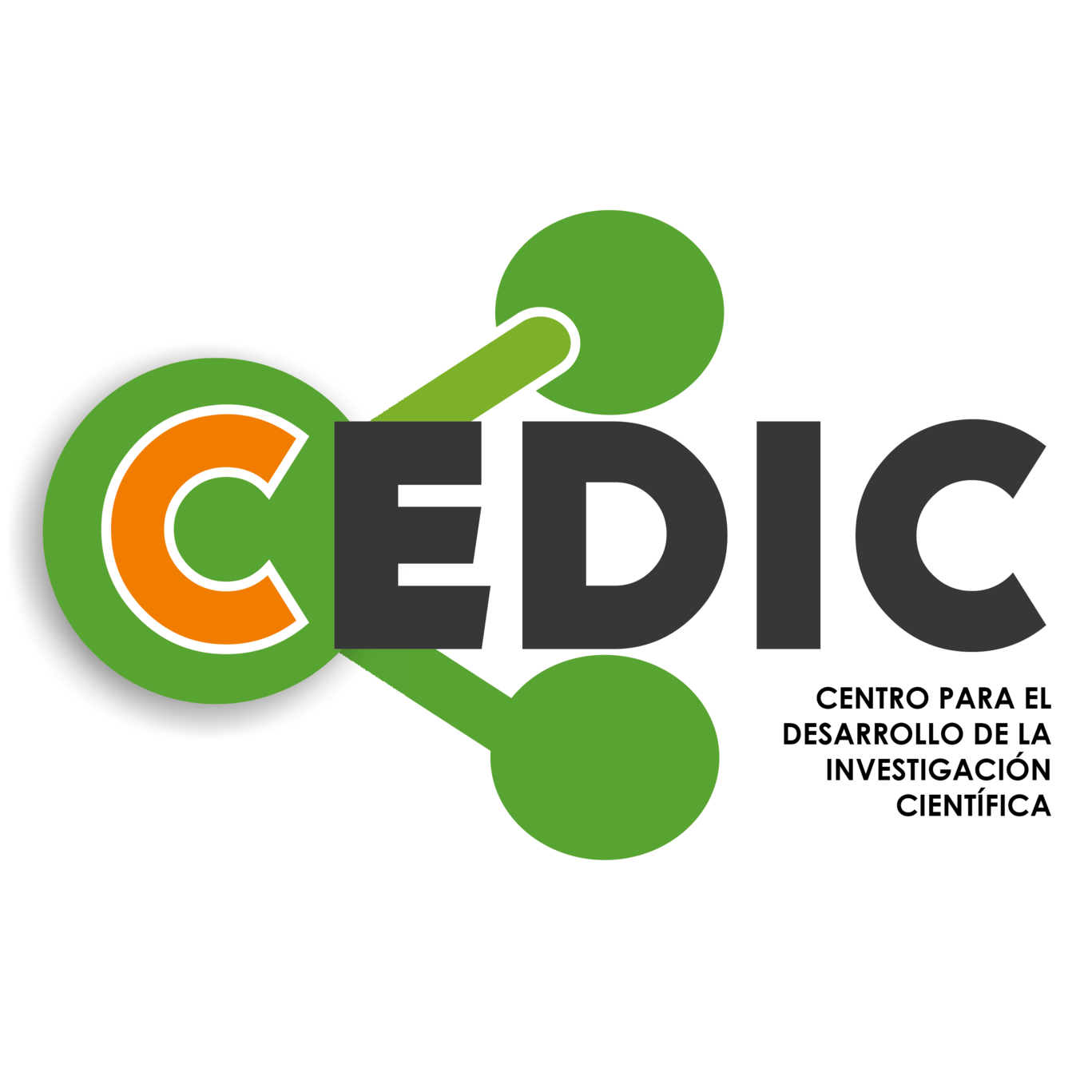Karla K.A. dos Santos,1 Edinardo F.F. Matias,1 Saulo R. Tintino,1 Celestina E.S. Souza,1 Maria F.B.M. Braga,1 Gla´ucia M.M. Guedes,1 Miriam Rolo´n,2 Celeste Vega,2 Antonieta Rojas de Arias,2 Jose´ G.M. Costa,3 Irwin A. Menezes,4 and Henrique D.M. Coutinho1
Laboratories of 1Microbiology and Molecular Biology, 3Natural Products Research, and 4Pharmacology and Medicinal Chemistry, Regional University of Cariri, Crato, Ceara, Brazil. 2Center for the Development of Scientific Research, Moise´s Bertoni Foundation/Dı´az Gill Laboratories, Asuncio´n, Paraguay.
J Med Food 15 (1) 2012, 66–70
ABSTRACT Chagas’ disease, caused by Trypanosoma cruzi, is considered a public health problem. Nowadays, chemotherapy is the only available treatment for this disease, and the drugs currently used, nifurtimox and benzonidazole, present high toxicity levels. Alternatives for replacing these drugs are natural extracts from Eugenia jambolana, a plant used in traditional medicine because of its antimicrobial and biological activities. An ethanol extract from E. jambolana was prepared. To research in vitro anti-epimastigote activity, T. cruzi CL-B5 clone was used. Epimastigotes were inoculated at a concentration of 1x105/mL in 200 lL of tryptose-liver infusion. For the cytotoxicity assay J774 macrophages were used. To examine antifungal activity, Candida albicans, Candida tropicalis, and Candida krusei were used. This is the first record of trypanocide activity for E. jambolana. The effective concentration capable of killing 50% of the parasites was 56.42 lg/mL. The minimum inhibitory concentration was £ 1,024 lg/mL. Metronidazole showed a potentiation of its antifungal effect when combined with the ethanol extract of E. jambolana. Thus our results indicate that E. jambolana could be a source of plantderived natural products with anti-epimastigote and antifungal modifying activity with moderate toxicity.
